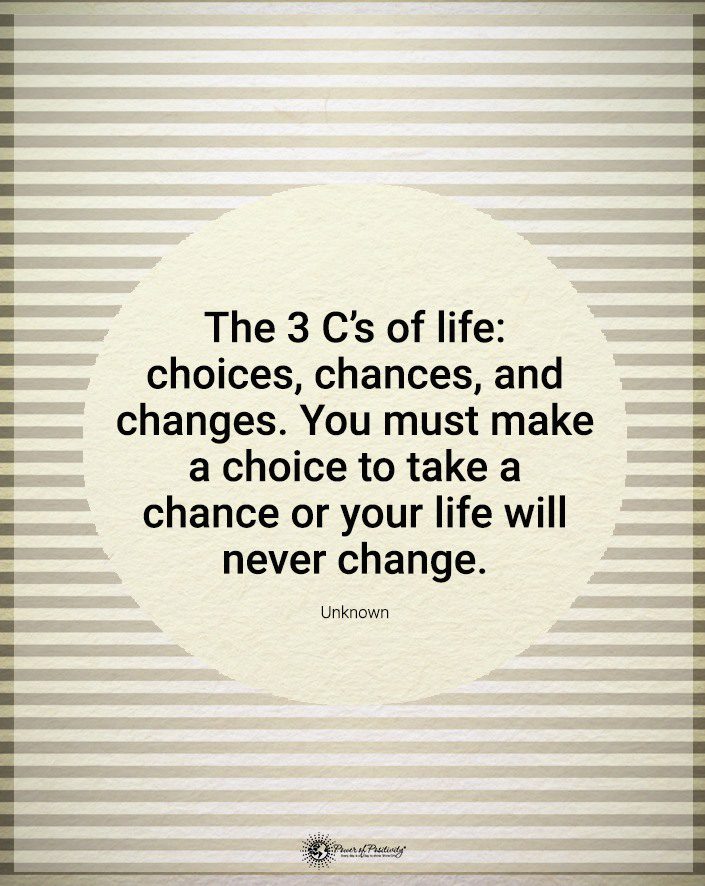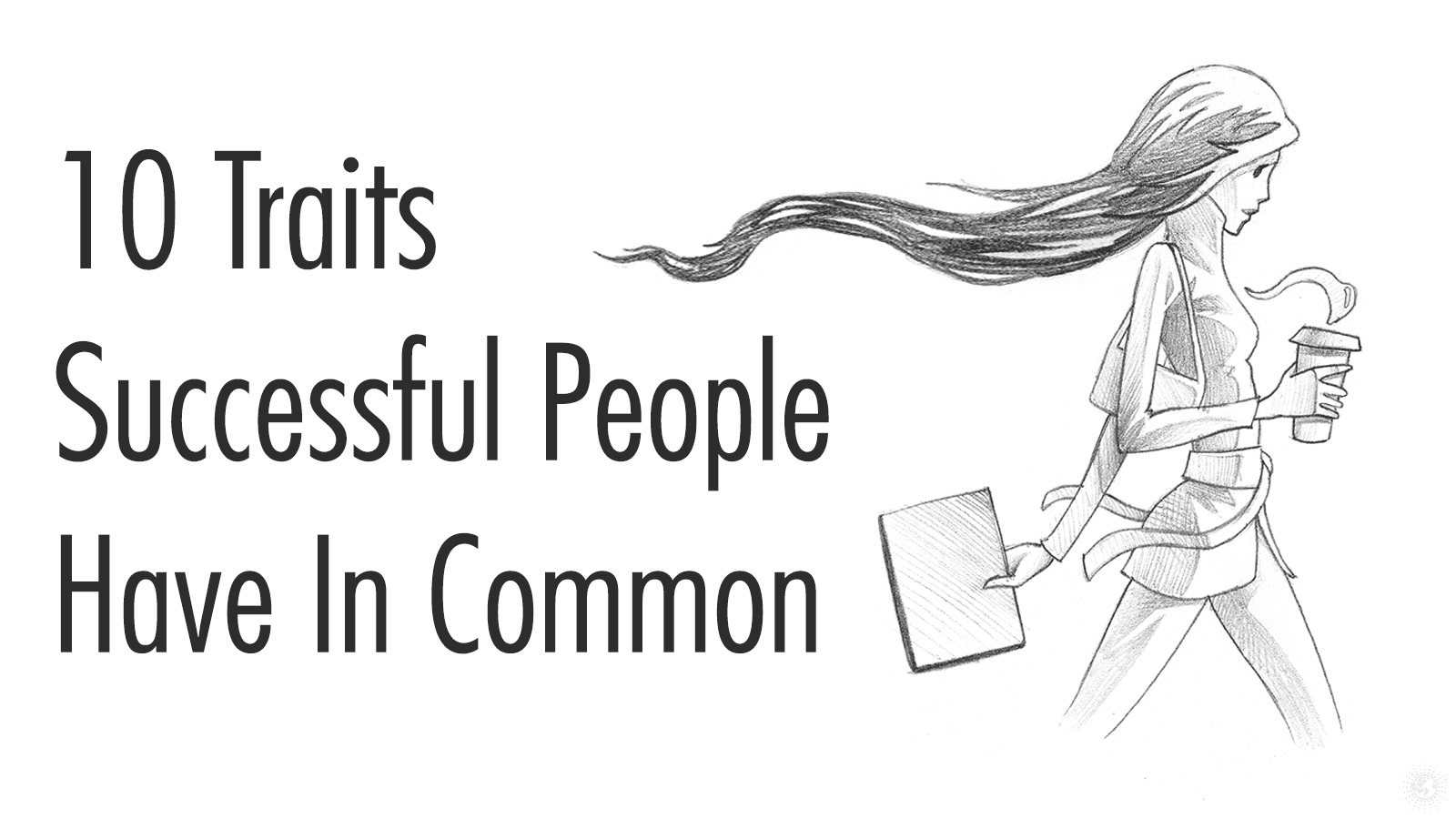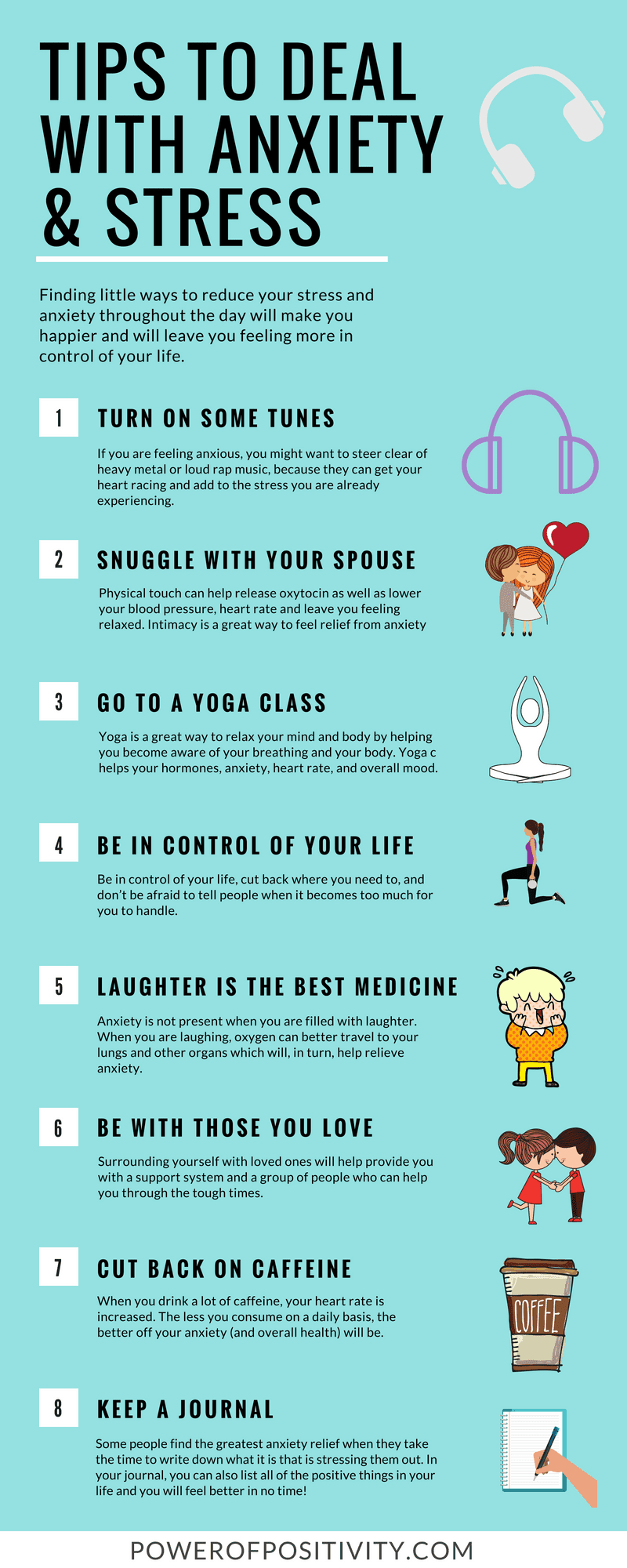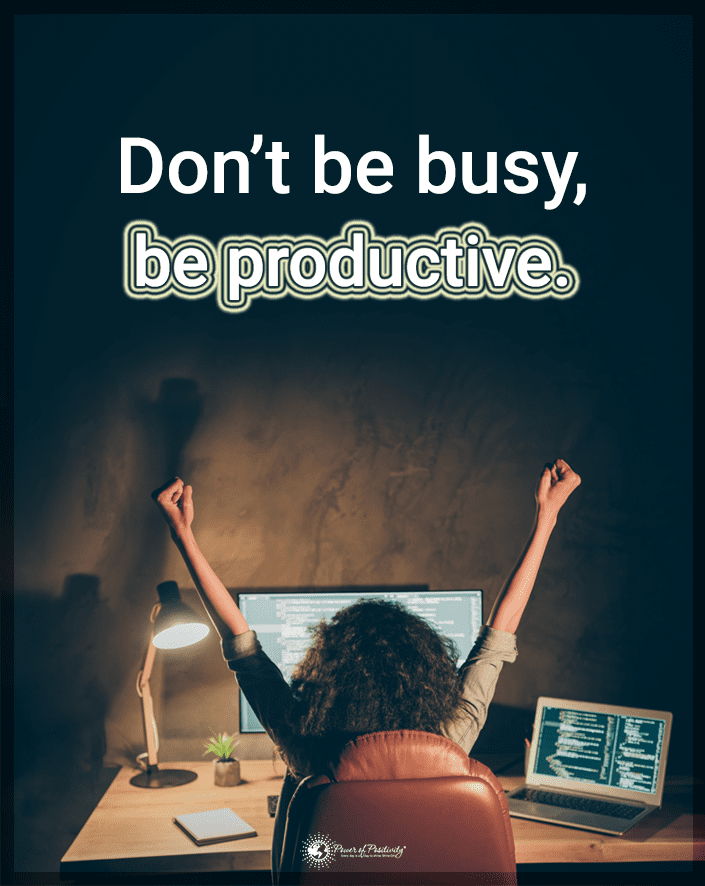Living life to the fullest is an attitude that most people share. Does that mean filling every nook and cranny in the home with objects? Like healthy plants in a garden, healthy people require space and time to thrive. You claim breathing space when you declutter your home and living space. You can discover more time for people and activities you love as you declutter life.
Clutter is similar to weeds in a garden. Weeds steal nutrients and water from the soil. Clutter steals time and energy from people. Initially, it takes time to declutter your home, just like pulling weeds from the garden. But positive momentum quickly develops and build as places in the home open up, and new possibilities arise. As Robert Browning so simply put it, “Less is more.”
When you declutter your home, you will realize that a decluttered life is an automatic and recognizable benefit.
11 Reasons you Should Declutter your Home

1. Safety – In extreme cases, the clutter becomes a safety issue as items spill out of closets when the doors are opened. This can be dangerous. Also, normal indoor traffic patterns fill with objects and debris that can pose a hazard as the occupants might trip over objects and get hurt.
2. Maintenance – Because of clutter, areas in poor condition might go unseen. Perhaps a windowsill begins to rot, or a leak in the roof allows rain to damage a wall. All of this could be hidden by clutter.
3. Health – It’s a fact that homes have dust and dust mites that compromise air quality. When a home is full of clutter, it will be difficult to eliminate the dust that attracts mites. There can be such an obstacle course that a window cannot be opened to let in fresh air.
4. Clean – A clutter-free home will be easier to clean. Rodents and insects like living in conditions where items are stacked up, leaving room for garbage to fall in secret crevices, going unnoticed. Remove the piles, and the pests will often leave.
5. Time – Dusting around all the knick-knacks, moving piles to vacuum, and shuffling papers from place to place all take time. As you uncover more ways to declutter life, you find more time to participate in enjoyable activities.
6. Energy – Having many belongings can make it difficult to make choices. Decision fatigue is what some are calling this agonizing process. It takes a lot of mental energy to go back and forth between items picking the one that is perfect yet worrying that it isn’t!
7. Space – Whether a home is large or small, defining the space can be difficult during times of transition. However, when you declutter your home and garage for storage or for a new phase in life, you’ll find room for that home office or the bedroom needed for the college kid who visits home. You can’t enjoy rooms that have too much excess stuff. Therefore, it’s time to relocate or re-purpose items. Remove unwanted or unnecessary things from the home to liberate the needed space.
8. Freedom – Belongings are meant for enjoyment. Belongings often tie people down because upkeep takes so much work. Some people feel shame because of the mess in the home. Cleaning out an area lifts the mood and frees a person from heavy shame or embarrassment.
9. Peace – The brain can experience stimulation overload from clutter. An orderly home is more appealing to the eye, visually calming.
10. Money – A yard sale can bring in money from selling unwanted goods. Save money by not repurchasing.
11. Fun – When you declutter your home, you will want to celebrate by hosting a party. This gathering will establish fun memories in the home. But you can’t enjoy that time if objects displace guests. Visitors will feel welcome and want to linger in such a beautiful, open space.
The time to act is now! If you are reading this, you’ve identified a place to start. Create a pile to give away, a pile to throw away, and a small pile to keep. Sort through one room. If that seems overwhelming, just do one closet or one drawer. Immediately after you categorize the items, put them away. Put them in the garbage can. Or put them in the care to take away or where they belong in your home.
You will feel so much lighter once your space is less cluttered. As you declutter your home, you will experience the exhilaration of reclaiming and personalizing your corner of the world.












